These reflections are a result of more than 40 years of ministry as a Roman Catholic priest. Most of these years I spent in the Diocese of Charlotte which covers Western North Carolina. Now I am retired, and live in Medellín, Colombia where I continue to serve as a priest in the Archdiocese of Medellín.
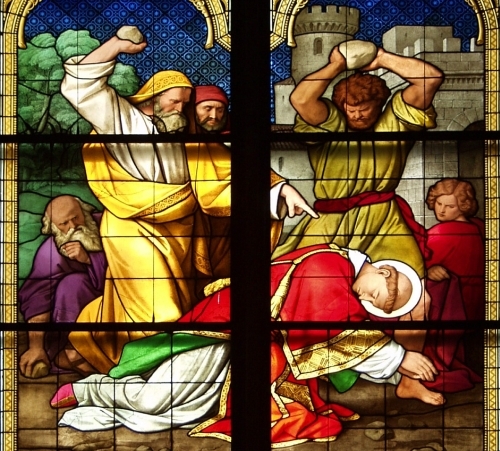
As they were stoning Stephen, he called out, "Lord Jesus, receive my spirit." Then he fell to his knees and cried out in a loud voice, "Lord, do not hold this sin against them";
and when he said this, he fell asleep. Now Saul was consenting to his execution. (Acts 7:51-8:1a)
https://bible.usccb.org/bible/readings/041624.cfm
The martyrdom of Stephen is the first after the Death and Resurrection of Jesus. Stephen is called the Proto-Martyr. The death of Stephen recalls the death of Jesus in the Lucan gospel and of course sets up the conversion of Saul (later Paul).
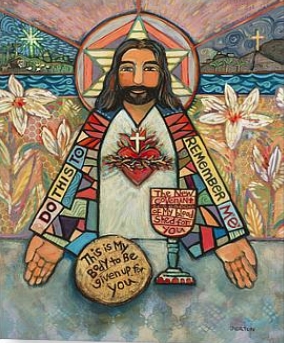
Jesus answered them and said, “Amen, amen, I say to you, you are looking for me not because you saw signs but because you ate the loaves and were filled. Do not work for food that perishes but for the food that endures for eternal life, which the Son of Man will give you. (Jn 6:22-29)
https://bible.usccb.org/bible/readings/041524.cfm
The food that endures for eternal life—in the Eucharist, the Sacrament of his Body and Blood, Jesus gives us his very self.
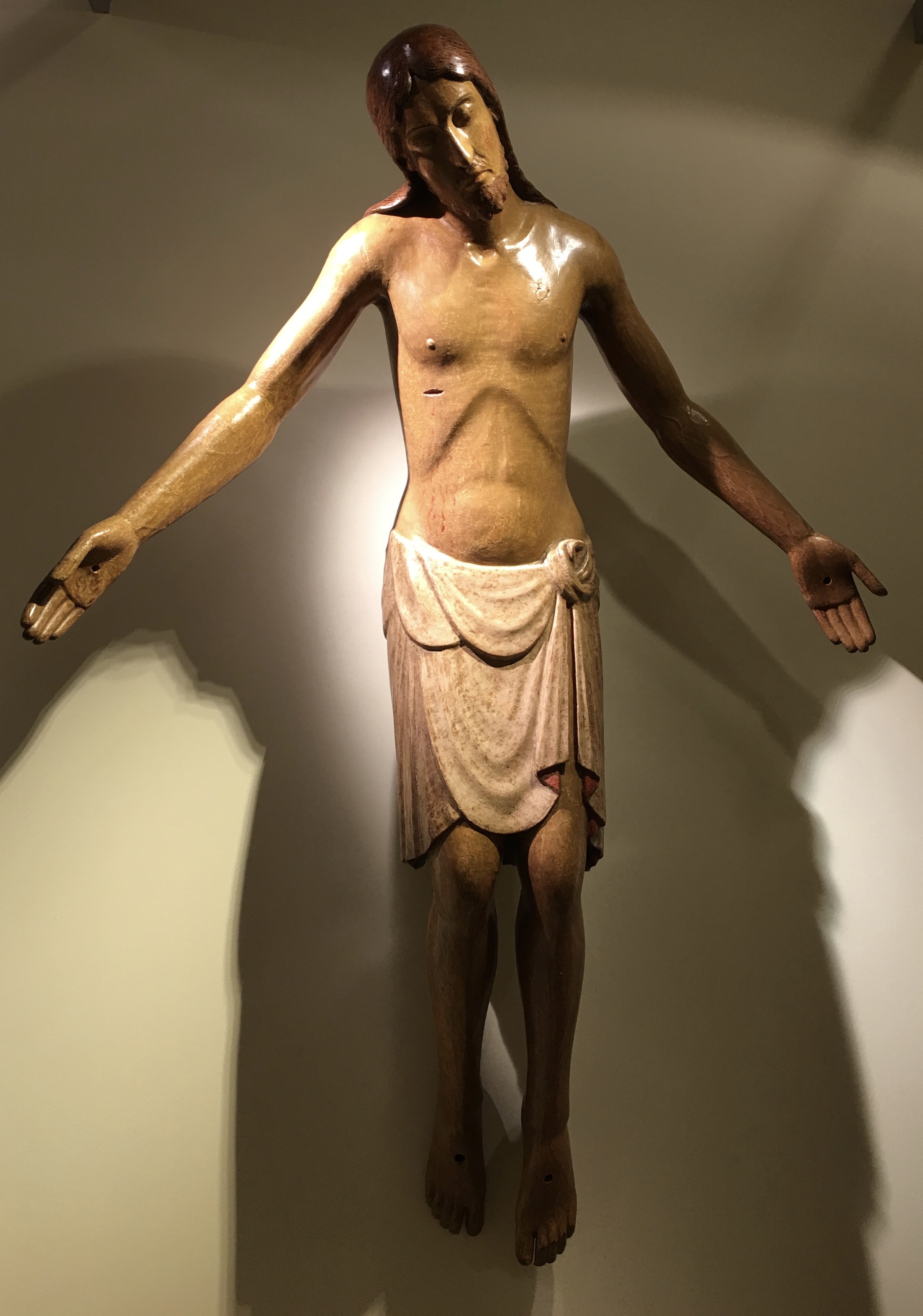
Peter said to the people: "The God of Abraham, the God of Isaac, and the God of Jacob, the God of our fathers, has glorified his servant Jesus . . . God has thus brought to fulfillment what he had announced beforehand through the mouth of all the prophets, that his Christ would suffer. Repent, therefore, and be converted, that your sins may be wiped away." (Acts 3:13-15, 17-19)
https://bible.usccb.org/bible/readings/041424.cfm
In the Acts of the Apostles we get an echo of the preaching of the early church. Jesus is portrayed as the Suffering Servant of the Lord (Isaiah 52:13–53:12) in fulfillment of the prophets.
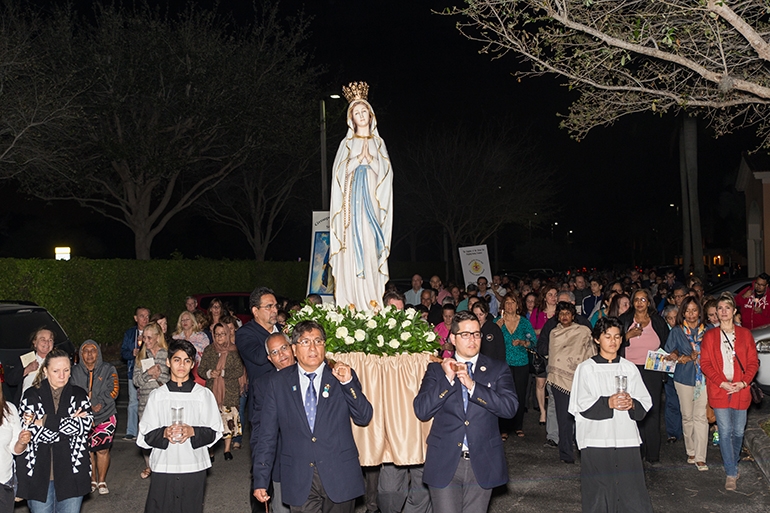
As the number of disciples continued to grow, the Hellenists complained against the Hebrews because their widows were being neglected in the daily distribution. So the Twelve called together the community of the disciples and said, “It is not right for us to neglect the word of God to serve at table. Brothers, select from among you seven reputable men, filled with the Spirit and wisdom, whom we shall appoint to this task, whereas we shall devote ourselves to prayer and to the ministry of the word.” (Acts 6:1-7)
https://bible.usccb.org/bible/readings/041324.cfm
Problems of language have been with the church from the very beginning. To resolve the problem we have the institution of the Seven (all with Greek names!), who would later be identified with deacons. Mary, the Mother of Jesus, and his family would gather in prayer with the early community (Acts 1:14).
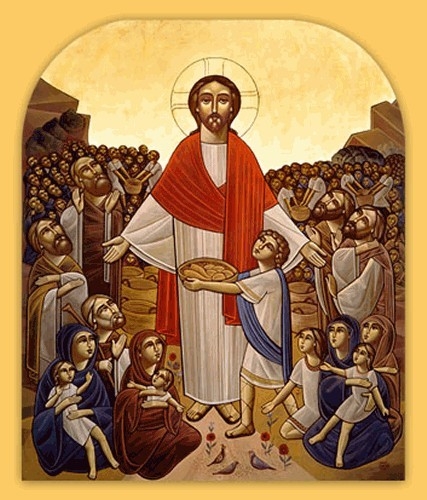
One of his disciples, Andrew, the brother of Simon Peter, said to him, "There is a boy here who has five barley loaves and two fish; but what good are these for so many?" Jesus said, "Have the people recline." (Jn 6:1-15)
https://bible.usccb.org/bible/readings/041224.cfm
So much depends upon a boy with a bag lunch and a mom who lovingly prepared it for him—that’s how miracles happen.



